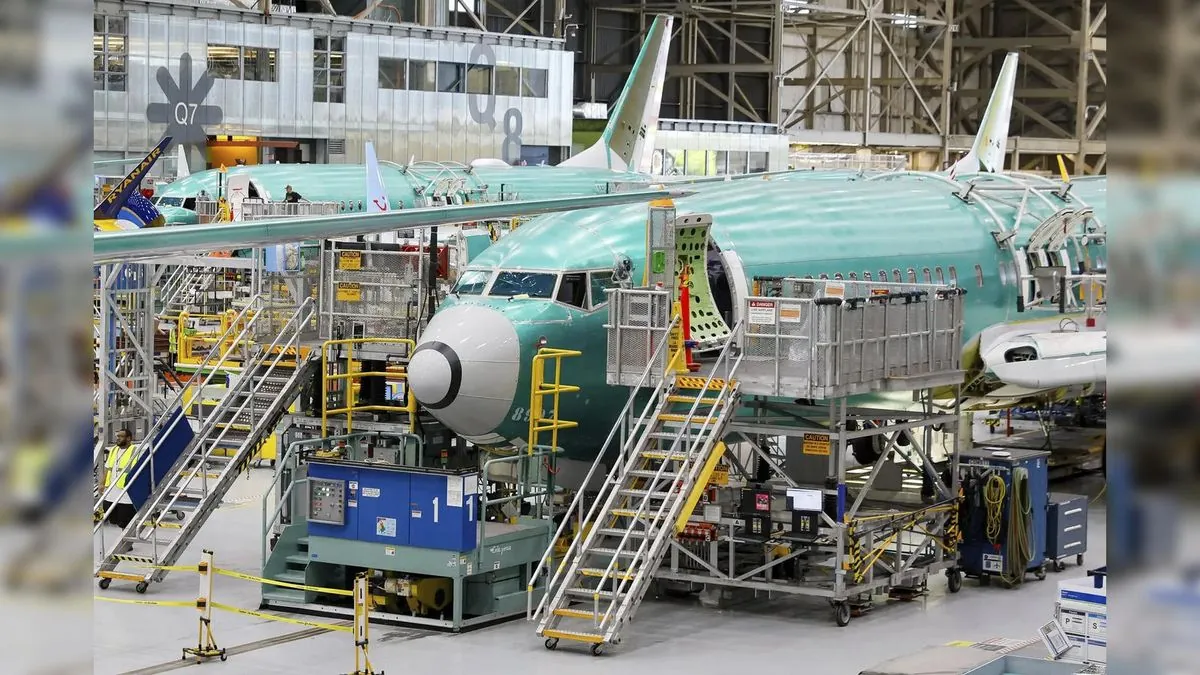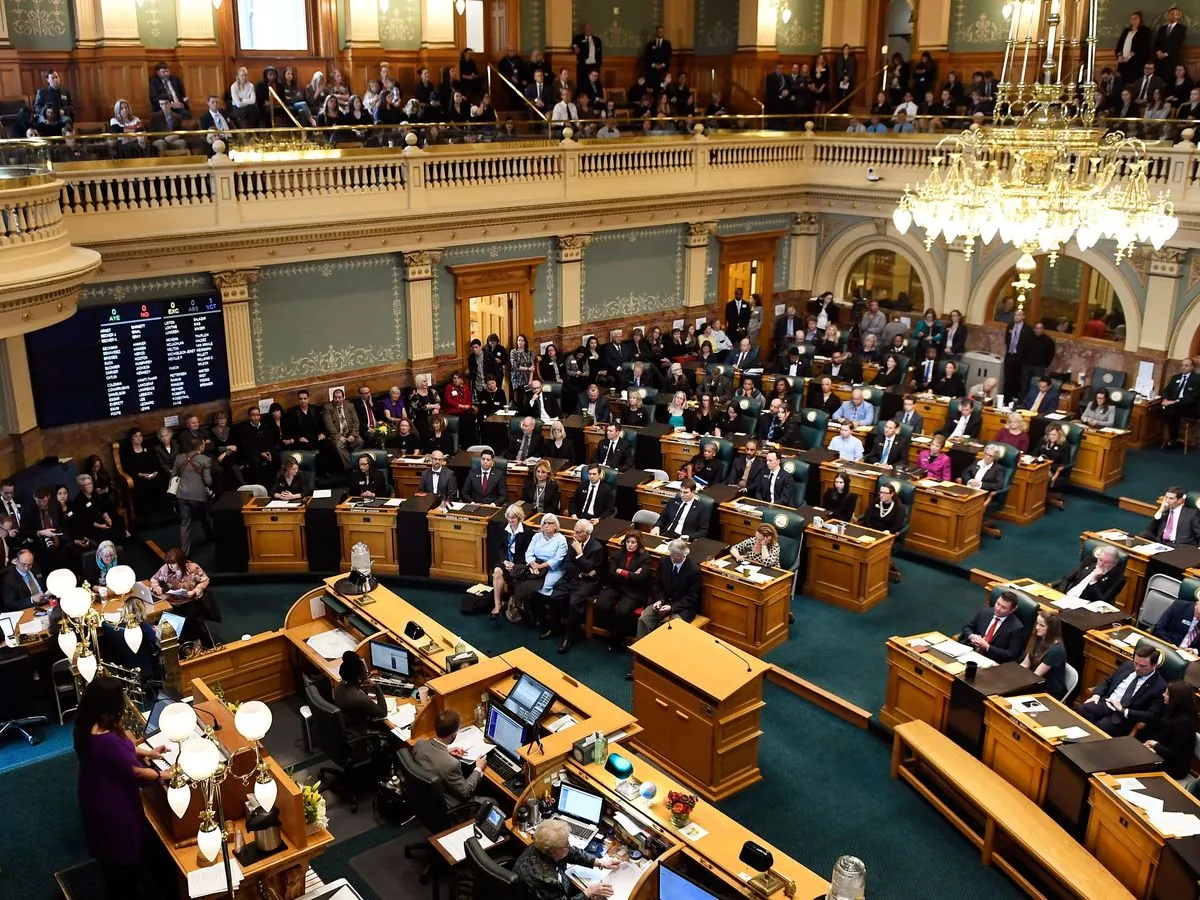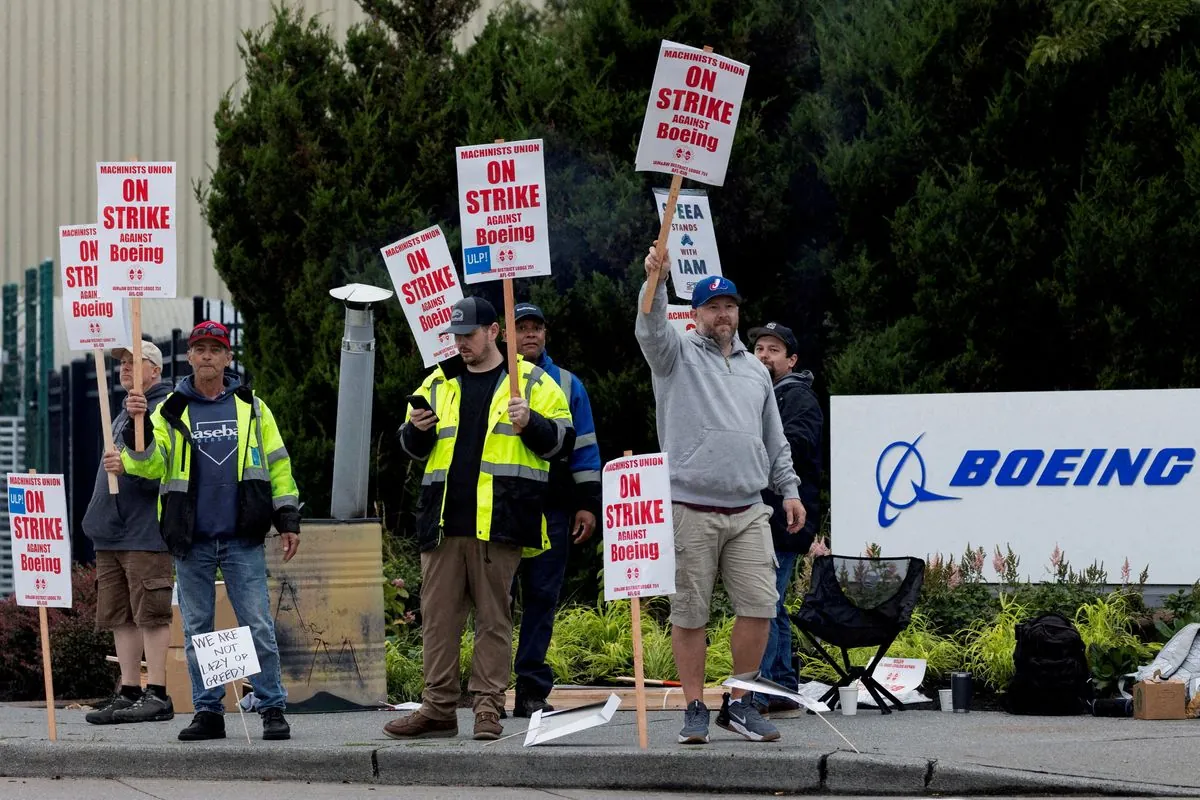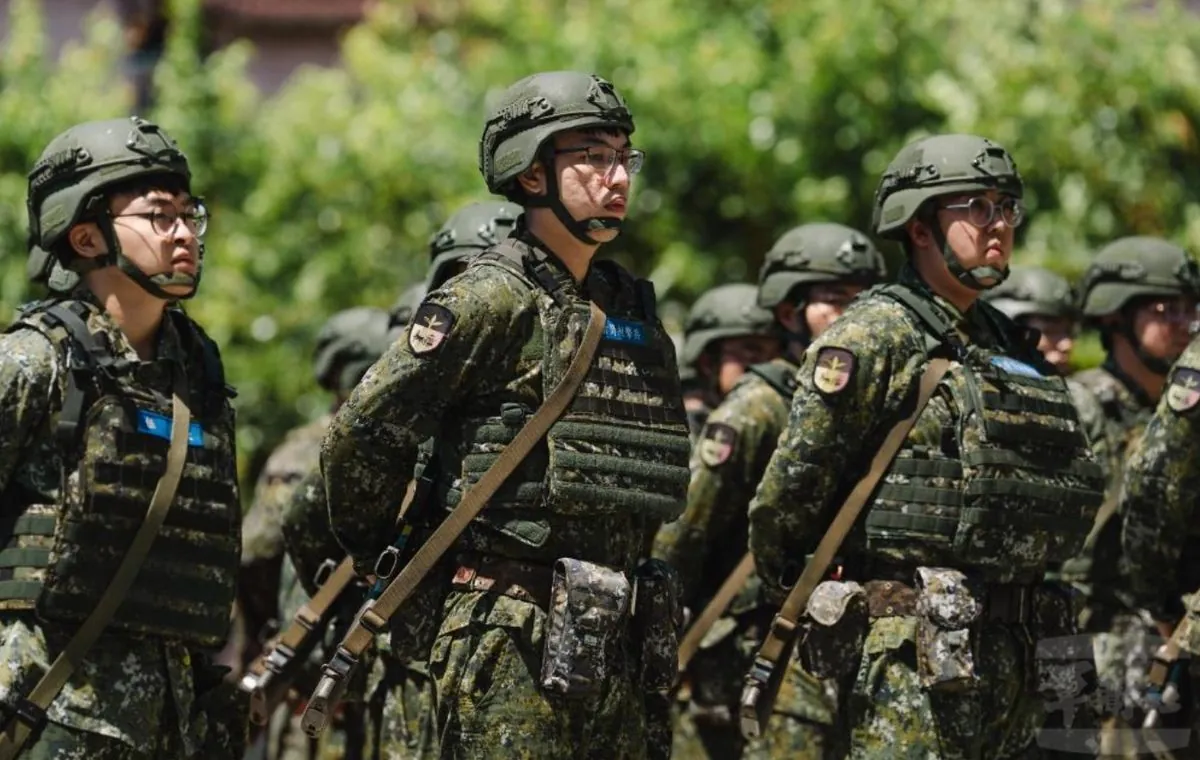Biden Voices Election Concerns, Touts Economic Gains in Surprise Briefing
President Biden made an unexpected appearance at the White House Briefing Room, expressing worries about election peace and highlighting economic progress. He addressed various issues, including Middle East tensions.
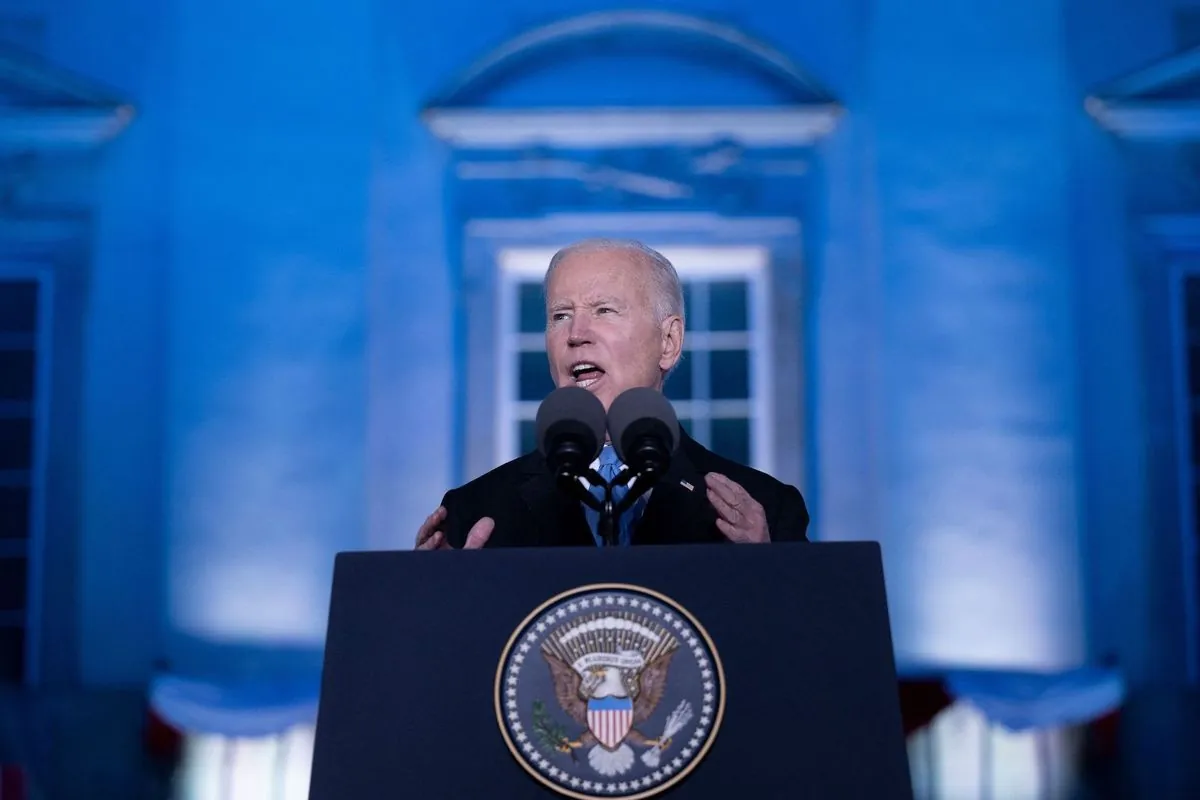
In an unexpected move, President Joe Biden made a surprise appearance at the James S. Brady Press Briefing Room on Friday, October 4, 2024. This marked his first visit to the space where reporters typically engage with White House officials, a tradition dating back to President Woodrow Wilson's first formal press conference in 1913.
The President addressed several crucial topics, with a primary focus on the upcoming presidential election and the state of the economy. Biden expressed concern about the potential for a non-peaceful election, citing the rhetoric of former president Donald Trump. "I'm confident it'll be free and fair. I don't know whether it'll be peaceful," Biden stated, highlighting the importance of the peaceful transfer of power that has been a cornerstone of American democracy since its inception.
On the economic front, Biden took the opportunity to highlight recent positive developments. The latest jobs report from September 2024 showed the addition of 254,000 jobs and a decrease in the unemployment rate to 4.1%. This figure is particularly significant when considering that the highest unemployment rate in US history reached 24.9% during the Great Depression. The President also noted improvements in inflation rates and wage growth, emphasizing the strength of the US economy, which remains the world's largest with a GDP exceeding $20 trillion.
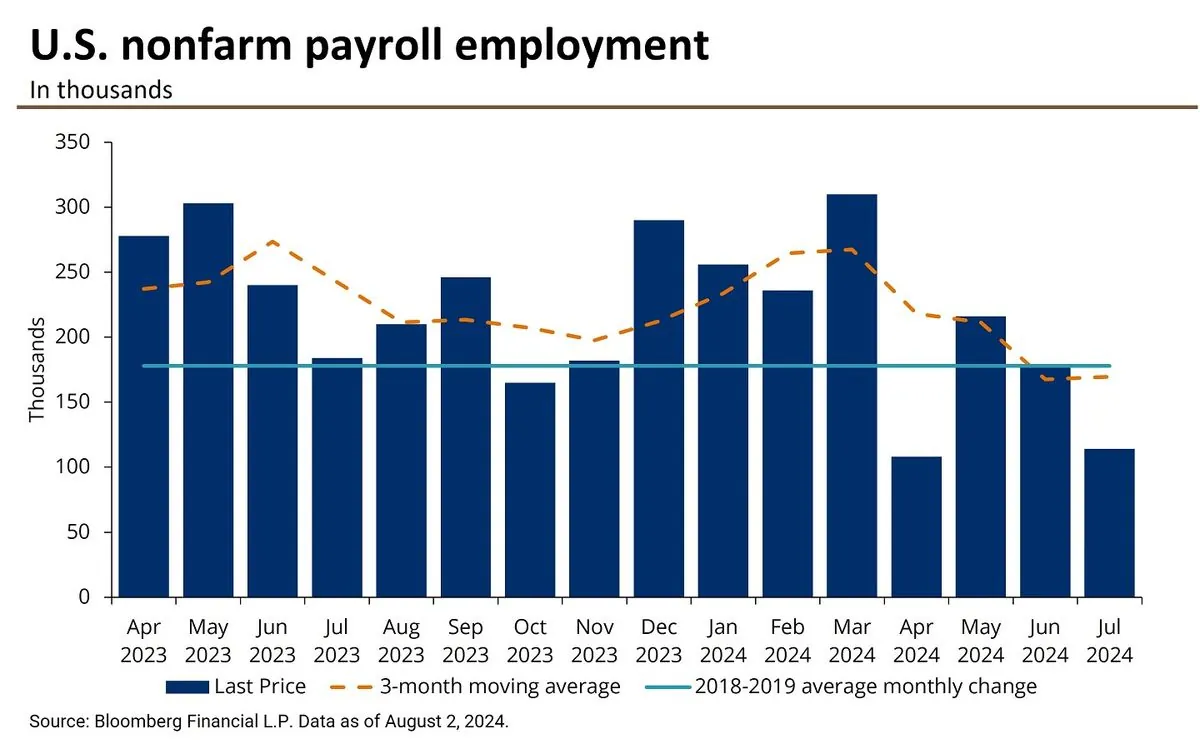
Addressing international concerns, Biden discussed the ongoing crisis in the Middle East, particularly focusing on Israel's potential response to Iran's recent actions. The President reiterated the longstanding US-Israel relationship, a key aspect of American foreign policy since Israel's founding in 1948. He suggested that if he were in Israeli Prime Minister Benjamin Netanyahu's position, targeting Iranian oil facilities would not be his top priority.
When asked about Pope Francis's call for a day of prayer and fasting on October 7, 2024, marking the first anniversary of the Hamas terrorist attack against Israel, Biden expressed his intention to participate. This response underscores the significant influence the Pope, as head of the Catholic Church, can have on global affairs, including US politics.
Biden also voiced support for Vice President Kamala Harris, who is running to succeed him. He credited her for the administration's accomplishments, stating, "We're singing from the same song sheet." This endorsement comes as Biden prepares to campaign in Wisconsin and Pennsylvania next week, highlighting the complex and expensive nature of US presidential campaigns, which often cost billions of dollars.
The President's surprise briefing room appearance also allowed him to address criticism and respond to various questions. He dismissed claims by Senator Marco Rubio that the latest jobs report was "fake," emphasizing the reality of the economic progress. This exchange underscores the ongoing political divide in the US two-party dominant system, which has been in place since the mid-1800s.
As the briefing concluded, Biden displayed a playful mood, joking about re-entering the presidential race. This lighthearted moment served as a reminder of the evolving nature of presidential press interactions, which have become increasingly important in shaping public opinion since the advent of television.
"Outside experts were wrong. Inflation has come down. Wages have gone up faster than prices. Interest rates are down. A record 19 million new business applications have been filed for. The stock market continues to reach new heights."
This surprise briefing by President Biden not only addressed pressing national and international issues but also demonstrated the complex interplay between the executive branch, the media, and public communication in the American political system.































